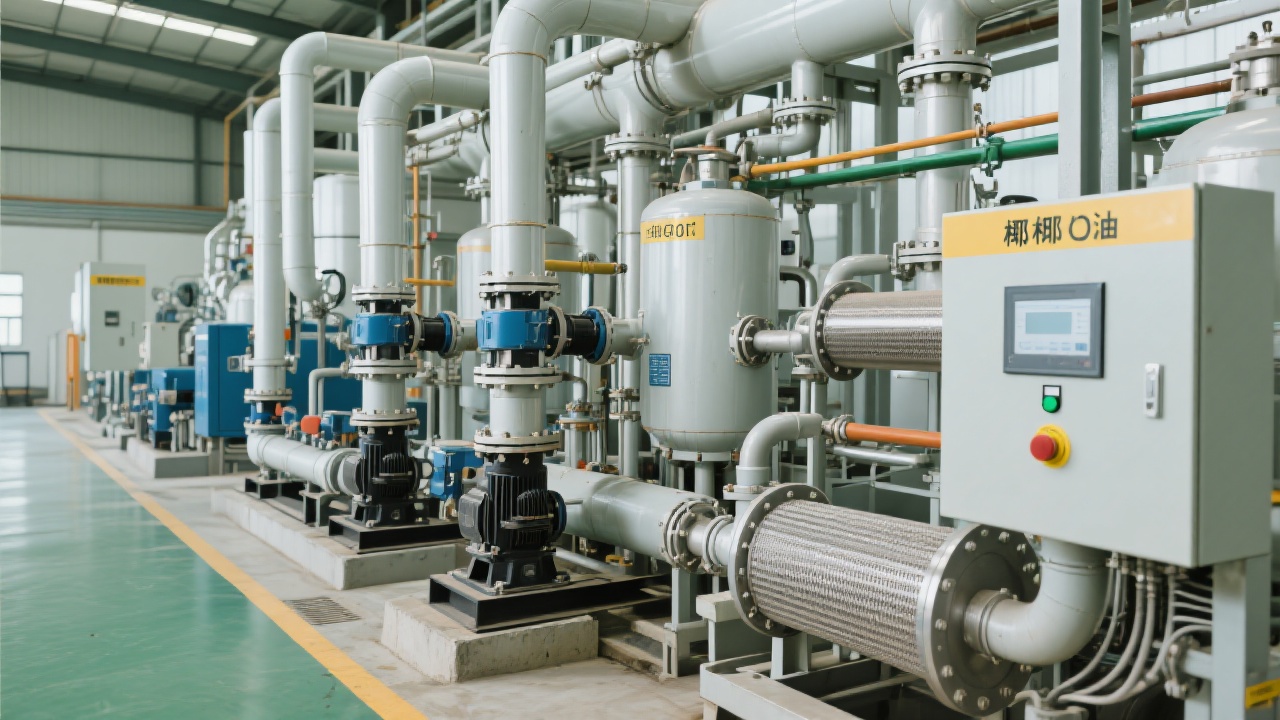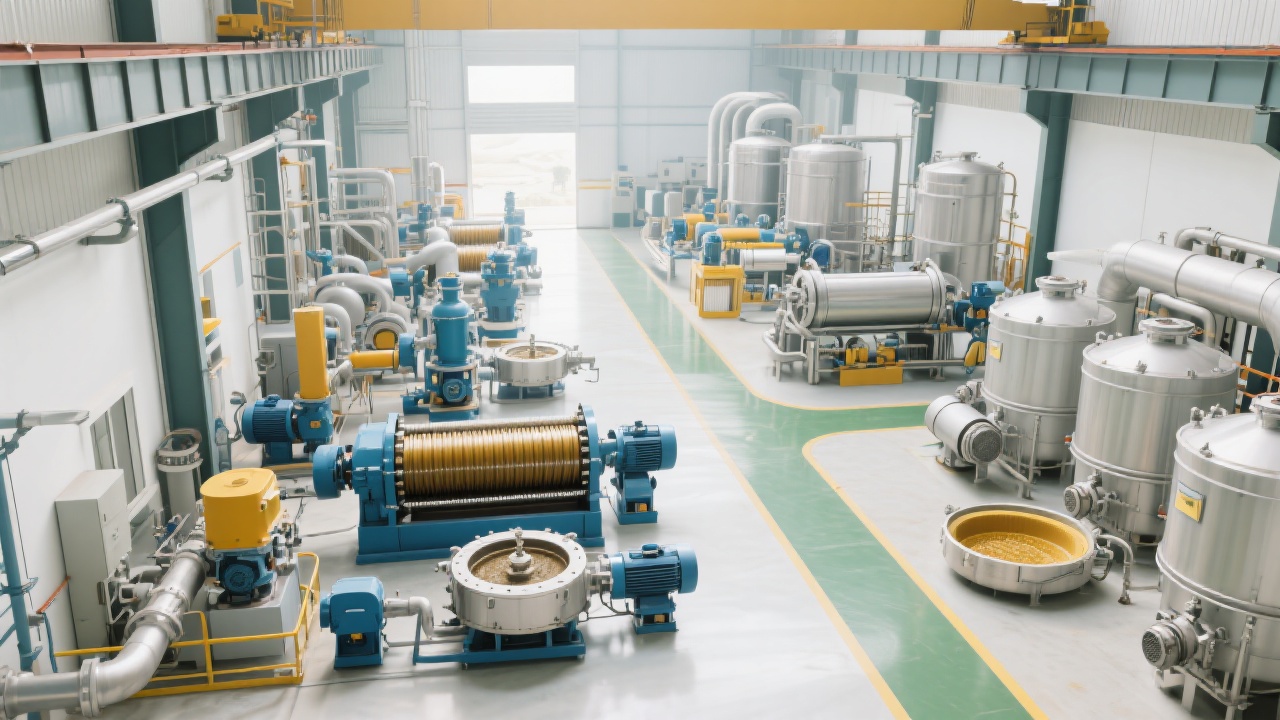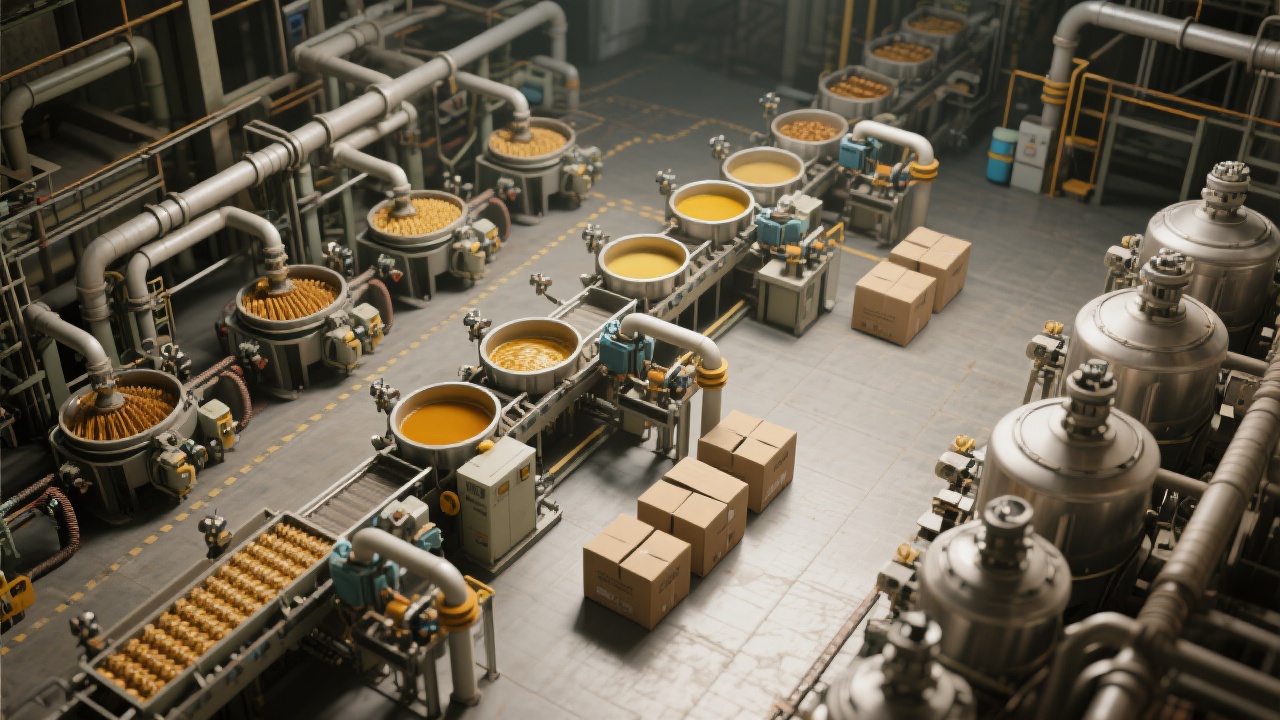
For operators and maintenance professionals of food-grade spiral oil presses, optimizing the durability of key wear parts is pivotal to reducing maintenance frequency and minimizing costly downtime. This article explores the best practices in selecting wear-resistant materials for critical components such as the spiral shaft, bearing cage, and cake discharge mechanism. By understanding how hardness, toughness, and corrosion resistance impact operational lifespan and reliability, users can significantly enhance pressing efficiency and overall production yield.
The spiral oil press operates under continuous mechanical stress, abrasive friction, and exposure to oil and moisture — conditions that accelerate wear and corrosion. Choosing materials that strike a balance between high hardness (to resist abrasive wear), adequate toughness (to avoid brittleness-related failures), and excellent corrosion resistance directly influences component longevity.
| Component | Optimal Material Characteristics | Key Performance Benefits |
|---|---|---|
| Spiral Shaft | Hardened alloy steel (HRC 55–60), tempered for toughness, surface nitriding for wear resistance, corrosion-resistant coatings. | Extends service life by up to 40%, improves resistance to shaft deformation and scoring. |
| Bearing Cage | High-strength stainless steel (e.g., 304 or 316L), enhanced with ceramic liners or coatings, excellent corrosion resistance. | Reduces bearing failure by 30%, suppresses corrosion-induced wear. |
| Cake Discharge Mechanism | Wear-resistant cast iron or alloyed steel with surface hardening, combined with polymer seals to reduce friction. | Minimizes operational interruptions, improves cake discharge consistency. |
A leading edible oil producer experienced frequent spiral shaft replacements every 8 months due to abrasive wear and corrosion-related cracking. By upgrading to a nitrided, tempered alloy steel shaft and implementing routine lubrication schedules, the company extended the shaft’s lifespan to over 14 months—a 75% improvement—while decreasing unplanned stoppages by 25%. This translated to a 12% increase in overall pressing uptime and a notable reduction in maintenance labor costs.

Even the best materials require diligent upkeep. Key maintenance tips include:

Preventative maintenance and early fault detection are crucial. Implementing predictive analytics through vibration sensors or thermal imaging can identify abnormal wear trends before critical failures occur. Combined with selecting premium materials, this holistic approach ensures steady production output and cost savings.
Superior wear-resistant materials do not merely extend equipment life; they directly improve pressing consistency and oil yield. For instance, maintaining the spiral shaft’s geometric integrity reduces leakage and crushing inefficiencies, often boosting yield by 3-5%—a significant margin in large-scale operations.

Looking to minimize your food-grade spiral oil press downtime? Discover our premium spiral press components and expert maintenance support tailored to keep your operations running smoother, longer. Benefit from personalized consultations and industry-leading post-sale services that safeguard your production investment.

